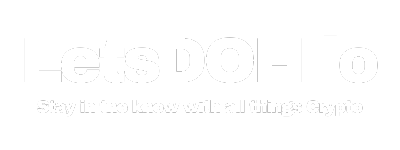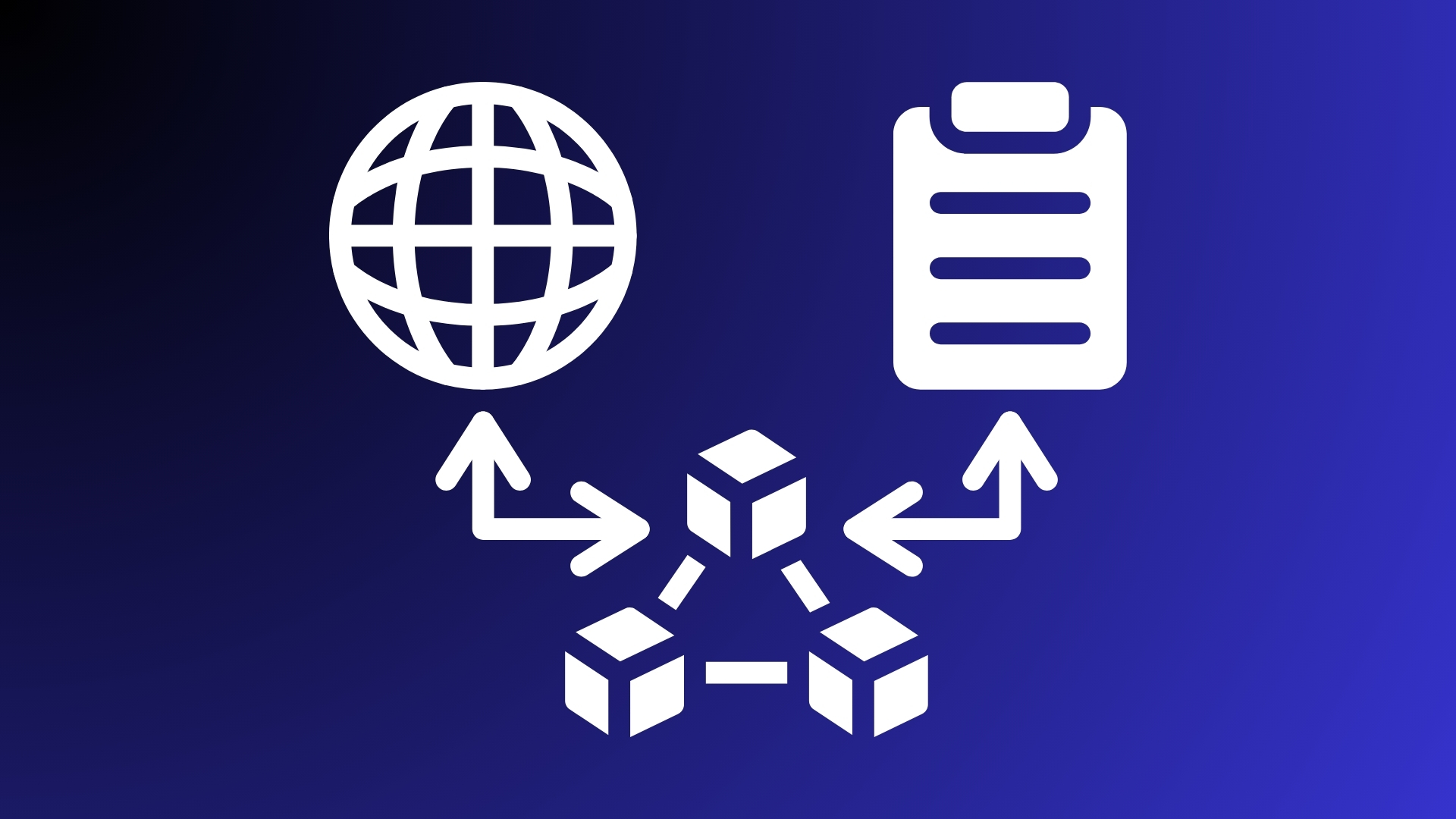What are blockchain oracles ?
A comprehensive guide
Blockchain technology has revolutionized the way we think about data integrity and decentralization. However, blockchains inherently operate in a closed environment, which means they cannot directly access external data. This is where blockchain oracles come into play. In this article, we will explore what blockchain oracles are, their types, how they work, and why they are essential for blockchain ecosystems.
What is a Blockchain Oracle?
A blockchain oracle is a third-party service that provides smart contracts with external data. Oracles act as a bridge between blockchains and the outside world, enabling smart contracts to interact with real-world data, APIs, and other off-chain resources.
Key Features of Blockchain Oracles:
- Data Bridge: Connects blockchain networks to external data sources.
- Smart Contract Enabler: Allows smart contracts to execute based on real-world information.
- Decentralization: Some oracles maintain decentralization, enhancing the security and reliability of the data.
Why are blockchain oracles important?
Blockchain oracles are crucial for the functionality of smart contracts. Without oracles, smart contracts would be limited to on-chain data, severely restricting their applications. Oracles enable a wide range of use cases, including decentralized finance (DeFi), supply chain management, and prediction markets, by providing access to real-world data.
Types of blockchain oracle
There are several types of blockchain oracles, each serving different purposes and use cases:
1. Inbound Oracles
Inbound oracles provide smart contracts with external data. This can include price feeds, weather information, sports scores, and more.
- Example: An inbound oracle could supply a DeFi application with real-time cryptocurrency prices.
2. Outbound Oracles
Outbound oracles allow smart contracts to send data to external systems. This is useful for triggering events in the real world based on blockchain activity.
- Example: A smart contract could instruct an outbound oracle to send a payment to a bank account when certain conditions are met.
3. Consensus-Based Oracles
These oracles rely on multiple data sources and use consensus algorithms to verify the accuracy of the data before it is fed to the smart contract.
- Example: A prediction market might use a consensus-based oracle to determine the outcome of an event by aggregating data from several trusted sources.
4. Cross-Chain Oracles
Cross-chain oracles facilitate communication between different blockchain networks, allowing them to share data and interact seamlessly.
- Example: A cross-chain oracle could enable token swaps between Ethereum and Binance Smart Chain.
5. Computational Oracles
These oracles perform off-chain computation and provide the results to the blockchain. This is useful for complex calculations that are impractical to perform on-chain.
- Example: A computational oracle could execute a machine learning algorithm and provide the results to a smart contract.
How do blockchain oracles work?
Blockchain oracles typically follow these steps to provide data to smart contracts:
- Data Request: A smart contract requests specific data from an oracle.
- Data Retrieval: The oracle fetches the requested data from external sources.
- Data Verification: The oracle verifies the accuracy and reliability of the data, often using multiple sources.
- Data Delivery: The verified data is delivered to the smart contract, enabling it to execute its logic based on the received information.
Leading blockchain oracle solutions
Several projects and platforms specialize in providing oracle services. Some of the leading blockchain oracle solutions include:
- Chainlink: One of the most popular decentralized oracle networks, offering a wide range of data feeds and services.
- Band Protocol: Provides secure and scalable oracles for DeFi applications.
- API3: Focuses on creating decentralized APIs (dAPIs) to provide secure and reliable data to smart contracts.
Risks and considerations
1. Data Accuracy and Reliability
Risk: The accuracy and reliability of the data provided by oracles are crucial. Incorrect or manipulated data can lead to erroneous smart contract execution, resulting in financial losses or other negative outcomes.
Consideration: To mitigate this risk, use oracles that source data from multiple reputable providers and employ consensus mechanisms to verify the data. Decentralized oracles, which aggregate data from several sources, can enhance reliability.
2. Centralization Risk
Risk: If an oracle service is centralized, it introduces a single point of failure. This centralization can undermine the decentralization principle of blockchain networks and make the system vulnerable to outages or malicious attacks.
Consideration: Opt for decentralized oracle solutions that distribute data sourcing and validation across multiple nodes. Decentralized oracles like Chainlink and Band Protocol can reduce the risk associated with centralization.
3. Security Vulnerabilities
Risk: Oracles are potential targets for hackers who might exploit vulnerabilities to feed false data to the blockchain, causing smart contracts to execute improperly.
Consideration: Implement robust security measures for oracle infrastructure, including encryption, secure communication protocols, and regular security audits. Use oracles with a proven track record of security.
4. Latency and Timeliness
Risk: Delays in data retrieval and delivery can affect the performance of smart contracts, especially in time-sensitive applications like financial trading or supply chain management.
Consideration: Choose oracles that provide low-latency data feeds and ensure they have the capacity to handle high-frequency data requests. Assess the oracle’s infrastructure and its ability to deliver timely data.
5. Economic Incentives
Risk: The economic incentives for oracle operators must align with the accuracy and reliability of the data they provide. Misaligned incentives can lead to data manipulation or poor-quality service.
Consideration: Use oracles with transparent and well-designed incentive structures that reward accurate data provision and penalize malicious behavior. Blockchain projects should carefully evaluate the incentive mechanisms of oracle services.
6. Regulatory and Legal Compliance
Risk: The legal and regulatory landscape for blockchain technology is still evolving. Oracles might face compliance issues, especially when dealing with financial data or sensitive information.
Consideration: Ensure that the oracle providers adhere to relevant regulations and maintain compliance with legal standards. Stay informed about the regulatory developments in the jurisdictions where your blockchain application operates.
7. Scalability
Risk: As blockchain networks and their applications grow, the scalability of the oracle service becomes critical. Oracles must be able to handle increasing data requests without compromising performance.
Consideration: Select oracle solutions that offer scalable infrastructure and have demonstrated the ability to handle large volumes of data requests efficiently. Evaluate the oracle’s performance under different load conditions.
8. Cost
Risk: The cost of using oracle services can be a significant factor, especially for high-frequency data requests or complex data feeds.
Consideration: Compare the pricing models of different oracle providers and consider the cost implications for your specific use case. Balance the cost against the quality and reliability of the oracle service.
Conclusion
Blockchain oracles are a vital component of the blockchain ecosystem, enabling smart contracts to interact with external data and expand their functionality. By bridging the gap between blockchains and the real world, oracles unlock a multitude of possibilities for decentralized applications. As blockchain technology continues to evolve, the role of oracles will become increasingly important in driving innovation and adoption across various industries.
Free Blockchain Course


